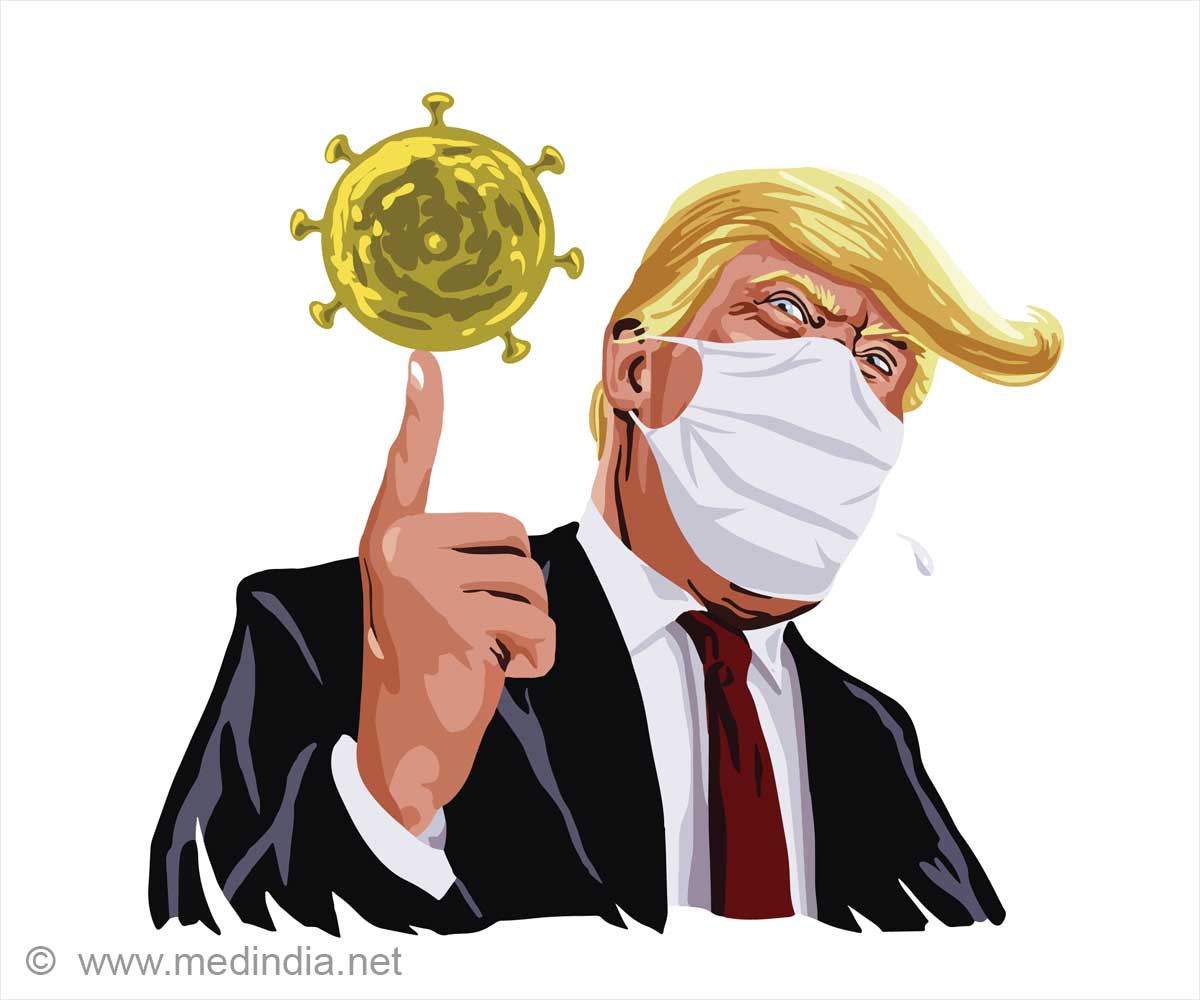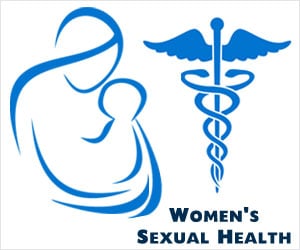US healthcare policies could significantly influence global health security and multilateral initiatives.

What Would a Trump Administration 2.0 Mean for Health Care Policy?
Go to source).
Global health funding from the US exceeds that of any other nation, ensuring vital support to international health initiatives. #globalhealth #medindia’
Implications of United States Health Policy for the Whole World
While the world prepares for what could be new changes under the Trump administration, questions on U.S. healthcare strategies remain a concern. Much will depend on Trump’s plans in the sphere of health care and an appointment of leadership for the huge HHS with a budget of $2 trillion.A few controversies include the nomination of Robert F. Kennedy Jr to head the HHS. Kennedy’s strong stance against vaccines and water fluoridation are the two practices that are staples in public health today. Although Trump agreed with Kennedy’s points of view, such a match might lead to intrapersonal conflict.
Employment-generating sectors like the pharmaceuticals and agri business on which Trump heavily depends may turn against Kennedy because they will not align their actions with his policies.
Scott Greer PhD is a professor of health management and global public health at the University of Michigan says, while the president continues to patronize policy change initiatives, actual change involves wading through bureaucratic silos, as well as battling different political players with integrating different policies into the system.
Also, Trump’s assertive style of power with references to the media can worsen inter-organizational relationships, especially with Kennedy.
Policy Conflicts with the Nations
It is seen that Trump has no graceful experience in multilateral cooperation unless he gets the solo opportunity to manipulate every policy direction. In his first term, he pulled the United States out of major global partnerships such as the World Health Organization (WHO) & Paris Climate Agreement. If Trump continues with such an approach, then the world may experience tremendous blows in the health arena.Speaking for the German Foundation for World Population with offices in Brussels, Lisa Goerlitz has the following comments. For many years the United States has been both the single largest donor and supporter of global health interventions, both for infectious diseases and in the areas of maternal and family planning.
A possible cut in the US funding or a complete pullout from the WHO may result in a huge vacuum that other European donors may be financially incapable of filling.
The U.S. also has a regulatory responsibility in defining international health policies and in managing responses to health emergencies the world over. If the United States reduces its involvement in international health interventions, global reactions to crises such as pandemics become slow and more difficult, straining international relations.
India Pharma Industry is in Advantage
The Trump 2.0 administration’s emphasis on the “China plus 1” strategy and supply chain diversification is an advantage to the Indian generic drug makers. Given that the US alone contributes to 30% of Indian pharma sales and 40% of volumes, seismic changes in the trade relationships may benefit Indian producers.Measures such as the US Bio Secure Act and the latest hiking tariffs on China products may expand contract manufacturing & strategic partnerships with US big pharma players. However, some challenges may be present, namely, potential pricing pressures and localization rules. Still, a great deal of ambiguity remains about the future of this process and its prospects for the near- to medium-term, but India’s very strong and growing base of generics manufacturers appears to be capable of navigating this ongoing change.
Calls for Public Health Leadership
Public health experts are urging Trump’s administration to address health urgencies including, pandemic readiness, opioids, soaring mortality among moms, and vaccines. These concerns are considered as best solved by proper leadership and well-assembled research-backed policies. Healthcare reform presents the administration with several challenges, and, according to experts, the current strategies and leaders in key health posts will not suffice to meet them effectively.Critics are skeptical about potential vaccination leaders such as Robert F. Kennedy Jr., who is not only a prominent anti-vaxxer but also has a thin line towards promoting vaccine hesitancy. Also, there is a need for sufficient resources for public health centers, including the CDC, for the reconstruction and development of a modern public health system. Health scholars advocate for improved health leadership in the United States by leadership that is scientifically aligned and health literate with regard to equity.
Reference:
- What Would a Trump Administration 2.0 Mean for Health Care Policy? - (https://jamanetwork.com/journals/jama-health-forum/fullarticle/2825024)
Source-Medindia











